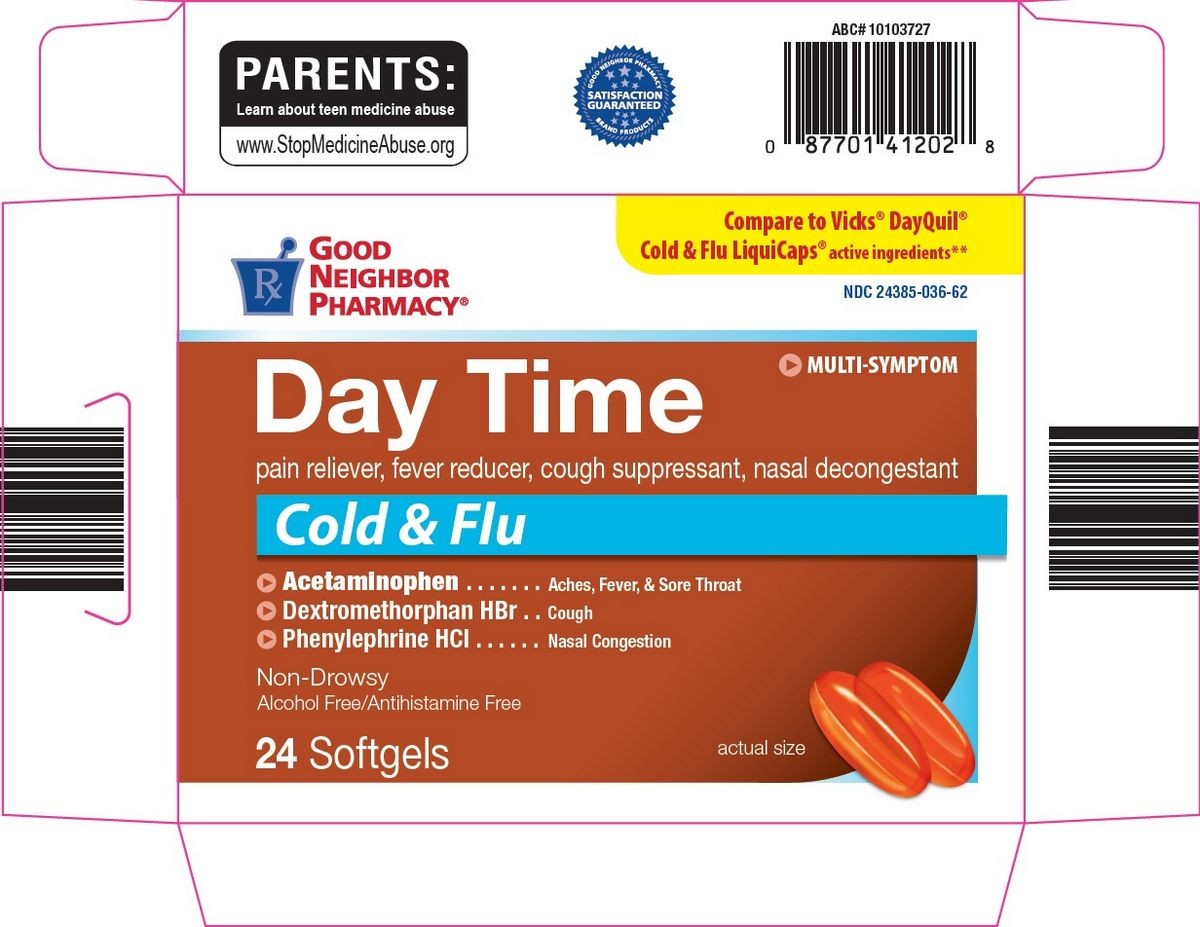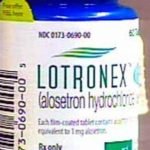
Contents
- 1 acetaminophen/dextromethorphan/phenylephrine
- 1.0.1 What is acetaminophen/dextromethorphan/phenylephrine, and what is it used for?
- 1.0.2 Warnings
- 1.0.3 What are the side effects of acetaminophen/dextromethorphan/phenylephrine?
- 1.0.4 What are the dosages of acetaminophen/dextromethorphan/phenylephrine?
- 1.0.5 What drugs interact with acetaminophen/dextromethorphan/phenylephrine?
- 1.0.6 Pregnancy and breastfeeding
- 1.0.7 Additional information
- 1.0.8 Summary
acetaminophen/dextromethorphan/phenylephrine
Brand Names: Alka-Seltzer Plus Day Cold, Theraflu Daytime Severe Cold & Cough, Tylenol Cold Multi-Symptom Daytime, Tylenol Cold Head Congestion Daytime, Vicks DayQuil Cold/Flu, Alka-Seltzer Plus Day Severe Cold, Cough & Flu, Alka-Seltzer Plus Day Sinus Congestion, Allergy & Cough, Alka-Seltzer Plus Severe Sinus Congestion & Cough
Drug Class: Cough/Cold, Non-narcotic Combos; Analgesic/Decongestant Combos
What is acetaminophen/dextromethorphan/phenylephrine, and what is it used for?
Acetaminophen/dextromethorphan/phenylephrine is a combination medication used for the temporary relief of common cold and flu symptoms, including fever, headache, body aches, cough, sore throat, and nasal and sinus congestion. The three drugs are combined in specific dosages and the combo drug is available over the counter (OTC).
Each medication in the combination works differently but together they provide more effective relief than any of them alone.
- Acetaminophen is an analgesic and antipyretic drug used to relieve pain and fever by blocking pain impulse generation and inhibiting prostaglandin synthesis in the central nervous system (CNS).
- Dextromethorphan suppresses cough by reducing sensitivity of cough receptors in the brain and preventing cough impulses transmission.
- Phenylephrine is an alpha1 agonist that constricts blood vessels in the nasal and sinus passages, reducing congestion.
Warnings
- Do not use if hypersensitive to acetaminophen, dextromethorphan, phenylephrine or any components in the formulation.
- Do not take with other drugs containing acetaminophen.
- Do not take within 14 days after treatment with monoamine oxidase inhibitor (MAOI) antidepressants.
- Use with caution in elderly patients.
- Acetaminophen can damage the liver, especially with prolonged use at high doses.
- Use with caution in patients with G6PD enzyme deficiency, a genetic disorder.
- Use with caution in patients with cardiovascular diseases, diabetes, liver disease, increased intraocular pressure or glaucoma, prostate enlargement and urinary obstruction, or thyroid dysfunction.
QUESTION
What are the side effects of acetaminophen/dextromethorphan/phenylephrine?
Common side effects include dizziness, drowsiness, headache, tremor, excitability, restlessness, gastrointestinal disturbances, reflex increase in heart rate (reflex tachycardia), hypertension, and blood disorders.
Contact your doctor immediately if you experience symptoms such as:
- Serious heart symptoms
- Severe headache, confusion, slurred speech, severe weakness, vomiting, loss of coordination, feeling unsteady
- Severe nervous system reaction with very stiff muscles, high fever, sweating, confusion, fast or irregular heartbeats, tremors, and feeling like you might pass out
- Serious eye symptoms
This is not a complete list of all side effects. Call your doctor for medical advice about serious side effects or adverse reactions or report them to the FDA at 1-800-FDA-1088.
What are the dosages of acetaminophen/dextromethorphan/phenylephrine?
Acetaminophen/dextromethorphan/phenylephrine
Caplet
- 325 mg/10 mg/5 mg
Rapid Release Gelcap
- 325 mg/10 mg/5 mg
Capsule
- 325 mg/10 mg/5 mg
Liquid
- 325 mg/10 mg/5 mg/15 mL
Powder for Solution
- 650 mg/20 mg/10 mg/packet
- 500 mg/20 mg/10 mg/packet
Syrup
- 325 mg/10 mg/5 mg/15 mL
Adult:
Symptomatic Relief of Cough and Congestion
- 1 packet orally every 4 hours; not to exceed 6 doses/day
- 2 caplets/capsules orally every 4 hours; not to exceed 12 caplets/capsules/day
- 30 mL liquid/syrup orally every 4 hours; not to exceed 6 doses (12 tablespoons)/day
- 2 gelcaps every 4 hours; not to exceed 12 gelcaps/day
Pediatric:
Symptomatic Relief of Cough and Congestion
Children below 4 years old:
- Not recommended for use
Children 6-12 years old:
- Liquid: acetaminophen 325 mg/dextromethorphan 10 mg/phenylephrine 5 mg per 15 mL: 15 mL every 4 hours
- Not to exceed: 60 mL (acetaminophen 1,300 mg/dextromethorphan 40 mg/phenylephrine 20 mg) per 24 hours
Children above 12 years old:
- 1 packet orally every 4 hours; not to exceed 6 doses/day
- 2 caplets/capsules orally every 4 hours; not to exceed 12 caplets/capsules/day
- 30 mL liquid/syrup orally every 4 hours; not to exceed 6 doses (12 tablespoons)/day
- 2 gelcaps every 4 hours; not to exceed 12 gelcaps/day
Overdose
- An overdose can damage the liver and cause symptoms such as nausea, vomiting, loss of appetite, sweating, abdominal pain, extreme tiredness, yellowing eyes and skin, dark urine, agitation, confusion, hallucinations, and seizures.
- Treatment may include administration of N-acetylcysteine, an antidote to acetaminophen, and other supportive measures as needed.
What drugs interact with acetaminophen/dextromethorphan/phenylephrine?
Inform your doctor of all medications you are currently taking, who can advise you on any possible drug interactions. Never begin taking, suddenly discontinue, or change the dosage of any medication without your doctor’s recommendation.
- Severe interactions include: iobenguane I 123, isocarboxazid, linezolid, phenelzine, procarbazine, selegiline transdermal, and tranylcypromine.
For more information on drug interactions, visit the RxList Drug Interaction Checker. Always tell your doctor, pharmacist, or healthcare provider about all prescription and over-the-counter medications you use.
Pregnancy and breastfeeding
- Use during pregnancy only if clearly needed and at the lowest effective dose for the shortest possible time.
- Likely safe while breastfeeding, use with caution.
- If pregnant or breastfeeding, consult your healthcare provider before taking any OTC drug.
Additional information
- Take acetaminophen/dextromethorphan/phenylephrine as prescribed or as per label instructions for OTC medication.
- Do not exceed recommended dosage or take for prolonged periods.
- Be cautious of acetaminophen overdose and carefully check product labels.
- Discontinue use immediately if hypersensitivity reactions occur.
- Consult your healthcare provider if your cough lasts longer than seven days, reoccurs, or occurs with other symptoms such as fever, rash, or persistent headaches.
- Discontinue use and consult with your healthcare provider if you experience dizziness, nervousness, sleeplessness, severe skin reactions, or other serious symptoms.
By clicking Submit, I agree to the MedicineNet’s Terms & Conditions & Privacy Policy and understand that I may opt out of MedicineNet’s subscriptions at any time.
Summary
Acetaminophen/dextromethorphan/phenylephrine is a combination medication used for the temporary relief of common cold and flu symptoms, including fever, headache, body aches, cough, sore throat, and nasal and sinus congestion. Common side effects of acetaminophen/dextromethorphan/phenylephrine include dizziness, drowsiness, headache, tremor, excitability, restlessness, gastrointestinal disturbances, reflex increase in heart rate (reflex tachycardia), hypertension, blood disorders, and others. Consult your doctor if pregnant or breastfeeding.


